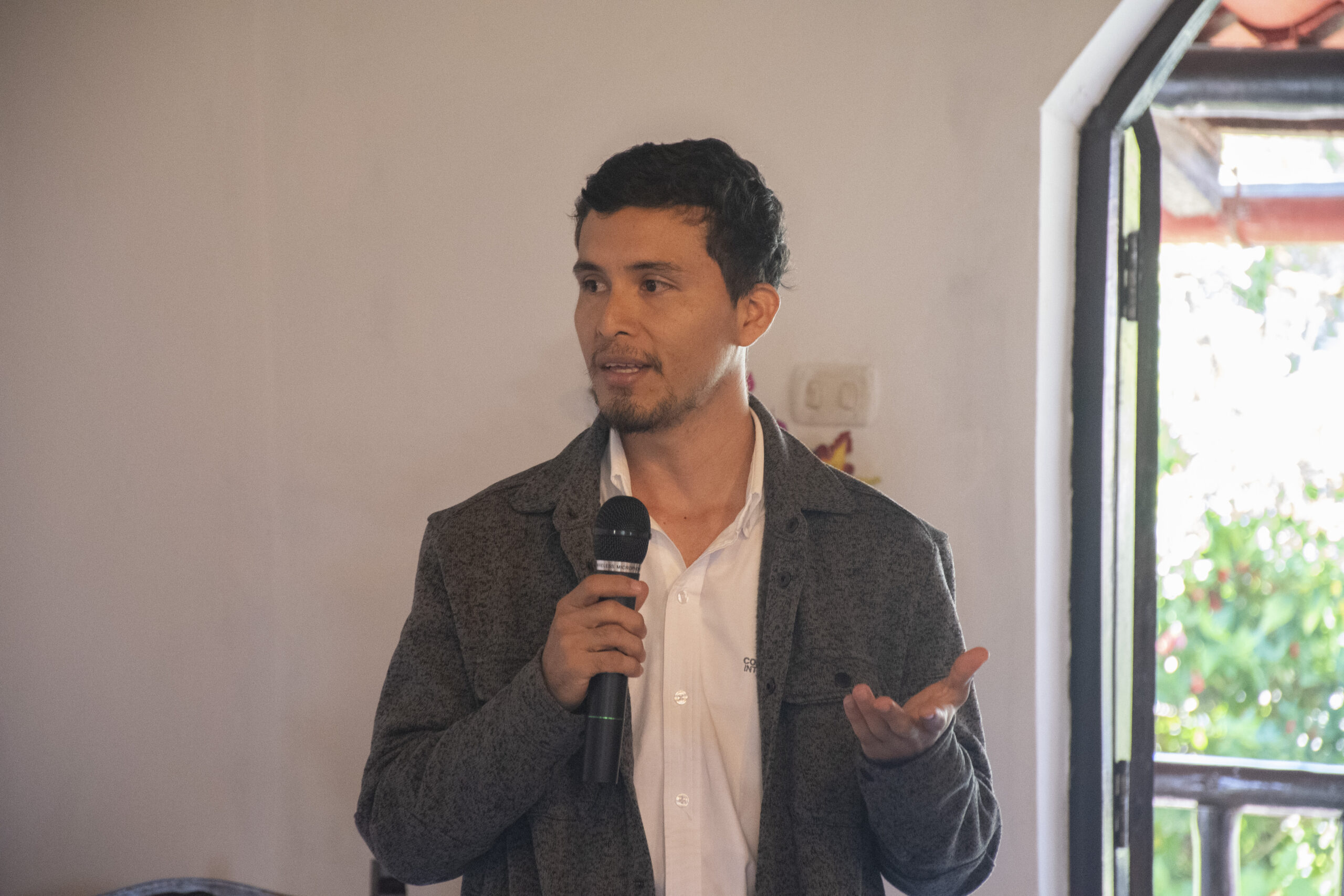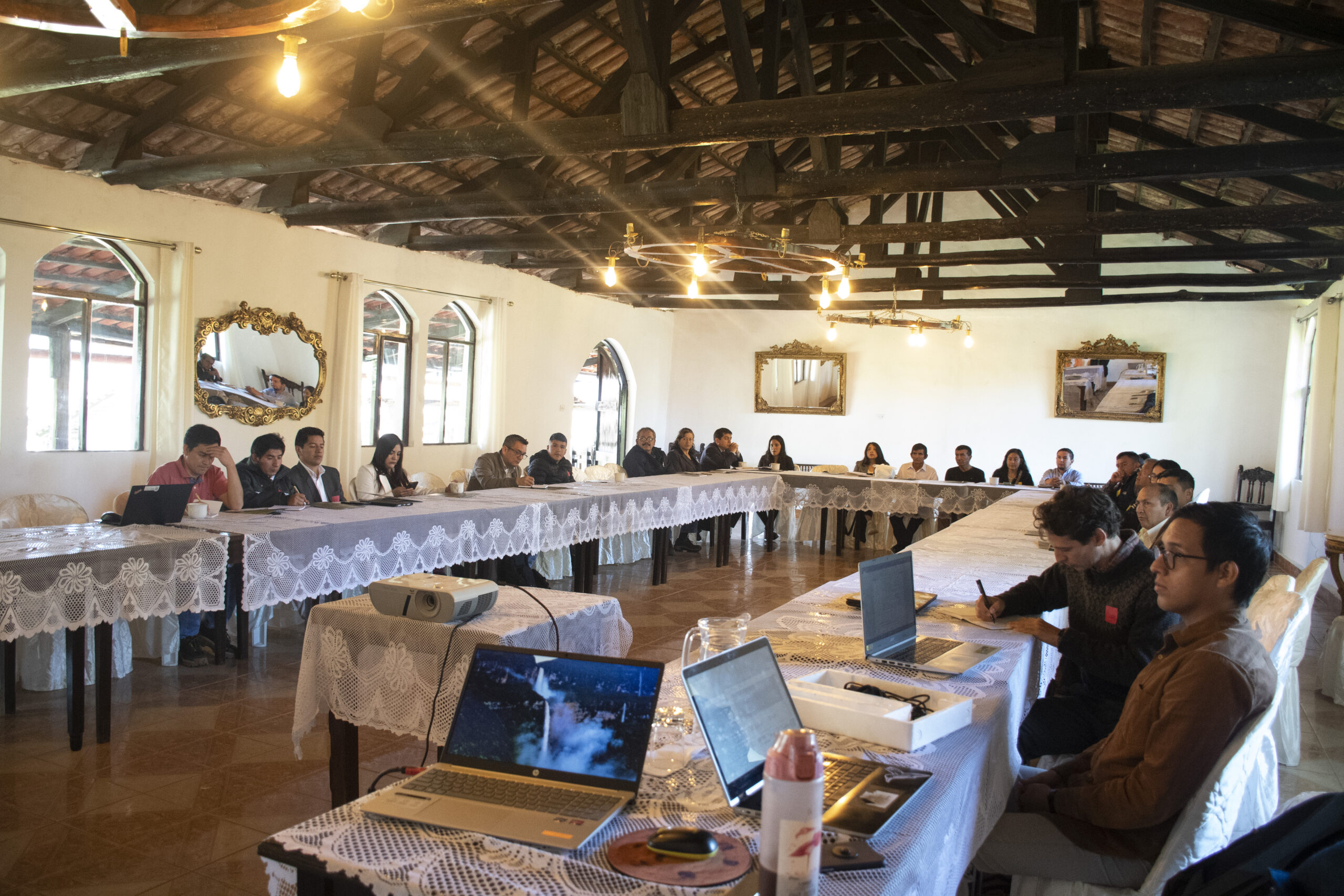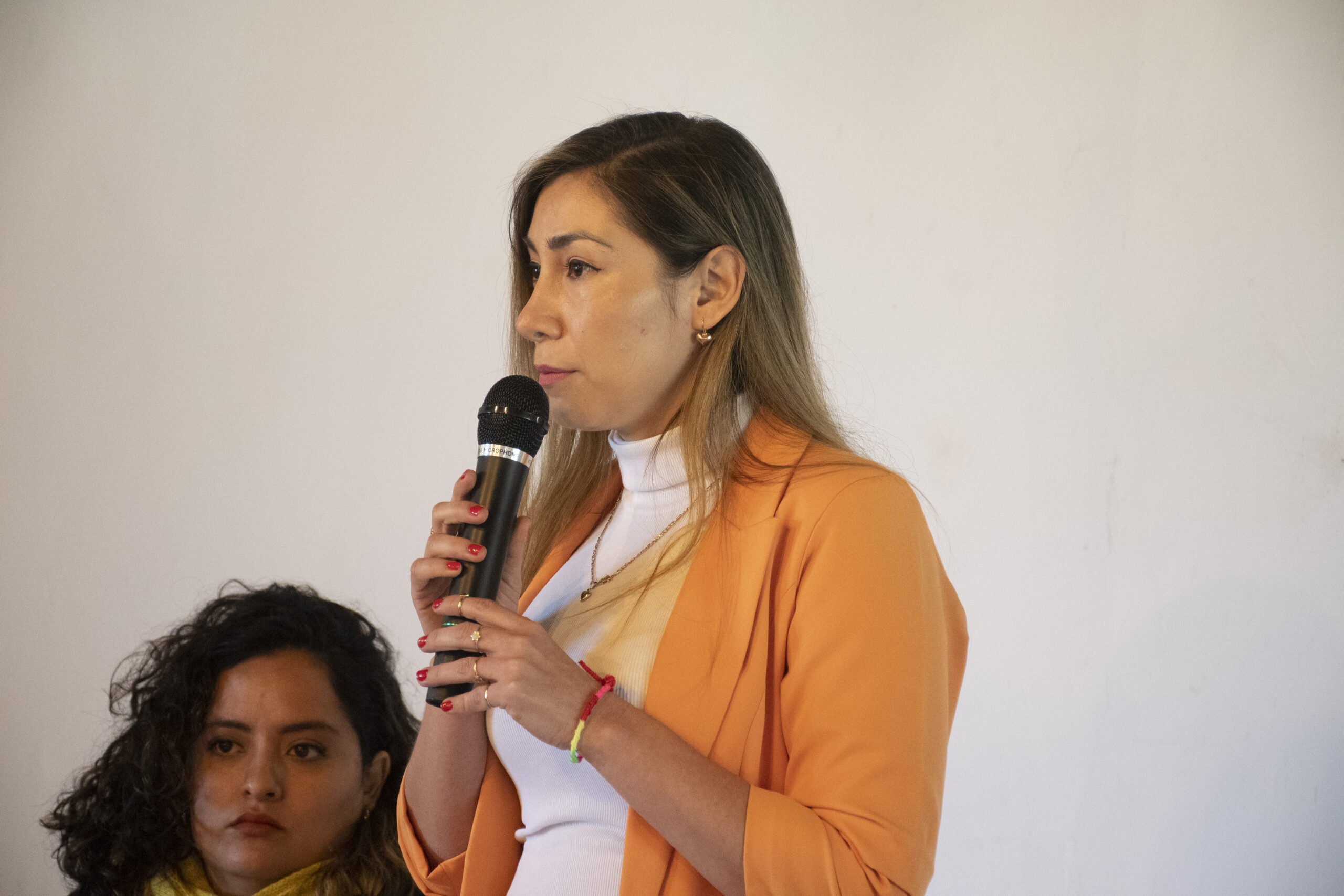

In a collaborative effort to promote sustainable development in the Amazon region, a workshop was held to socialize and validate the “Diagnosis of bottlenecks in the value chains of aguaymanto, pitahaya, bamboo and native cacao. The purpose of this diagnosis is to address the challenges identified in the prioritized bio-businesses.

The workshop seeks to promote sustainable development strategies in bio-businesses to improve the living conditions of local communities. It was organized in collaboration between the Regional Government of Amazonas (GOREA), through its Economic Development Management and the Regional Environmental Authority (ARA), the Forest Finance Investment Incubator (FFII) project, funded by the U.S. State Department, and the Amazon Business Alliance, led by USAID, the Government of Canada and Conservation International Peru.
The Amazon region encompasses diverse ecological zones, from highlands to low and high jungle, with more than 800,000 hectares protected. Despite its great potential, the region faces environmental challenges, such as deforestation and ecosystem degradation. In 2021, 4329 hectares of forest were lost due to deforestation, and more than 1 million hectares are degraded. Therefore, the diagnosis of prioritized bio-business chains and the workshop to socialize and validate it represents a crucial milestone on the road to mitigating challenges and maximizing the potential for sustainable development in the Amazon region.
“This workshop represents a crucial milestone on the road to mitigating challenges and maximizing the potential for sustainable development in the Amazon region,” said Milagritos Rios, GOREA’s Economic Development Manager. For his part, Jhonatan Mego, from the Amazon Business Alliance, highlights the importance of this meeting and points out that

“this is a crucial step towards building a sustainable future in the Amazon region. Collaboration between sectors is essential to address environmental challenges and improve the living conditions of local communities through economic development opportunities. The Amazon Business Alliance and Conservation International Peru are committed to this process.”

Bio-businesses represent one of the main alternatives to generate sustainable development in the Amazon region, taking advantage of the biodiverse offer and associative models that would empower communities in the sustainable use and valorization of local resources. This is linked to markets that value environmentally and socially sustainable practices, resulting in viable and competitive value chains in the markets, increasing family incomes and improving people’s livelihoods.
The socialization workshop seeks to present the findings of the diagnostic study related to the aguaymanto, pitahaya, bamboo and native cacao value chains. It also aims to generate an exchange of knowledge among participants and validate the results obtained so far, thus promoting strategic and consensual solutions.